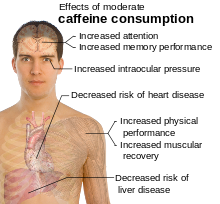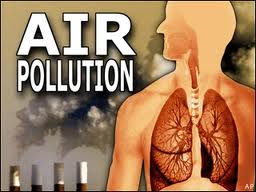Forget what somebody may have whispered into your ear in the past,namely that coffee drinking would be bad for you. Dr. Rob M. van Dam and Dr.Edith J. M. Feskens from the National Institute for Public Health and the Environment in Bilthoven, theNetherlands, have recently completed a prospective study with a large number of participants.
The results were published in the Lancet 2002;360:1477-1478. The goal of the study was to see whether coffee consumption would have a positive or negative effect on the development of diabetes (type 2 or mature onset diabetes). Approximately 17,000 men and women were followed along over a period of time and 306 new cases of diabetes were detected. The average consumption of coffee was 5 cups per day. There was a striking difference between those who drank 7 cups of coffee per day and those who drank 2 cups or less per day: With 7 cups per day there was a 50 % LESSER risk of developing diabetes. The authors pointed out that it is known that some of the active ingredients in coffee are: the bioflavonoids, chlorogenic acid, the minerals magnesium and potassium, and vitamin B3.
Chlorogenic acid and magnesium have been known in the past to have a stabilizing effect on glucose metabolism thus preventing diabetes.The authors were surprised though about the magnitude of the diabetes protective effect. They suggested that
other authors should do further studies to confirm their findings and to attempt to pinpoint the mechanism of action. In the meantime they cautioned that it would be premature to recommend to increase coffee consumption for everybody.
Useful related link to a chapter of my free Internet based Nethealthbook: http://nethealthbook.com/health-nutrition-and-fitness/
Last edited October 25, 2014









